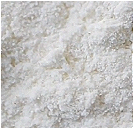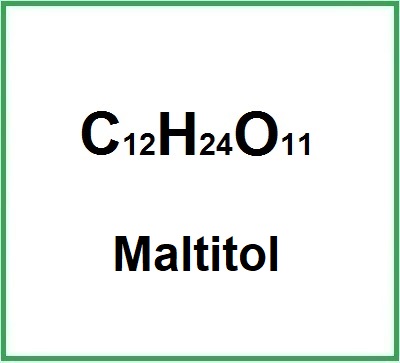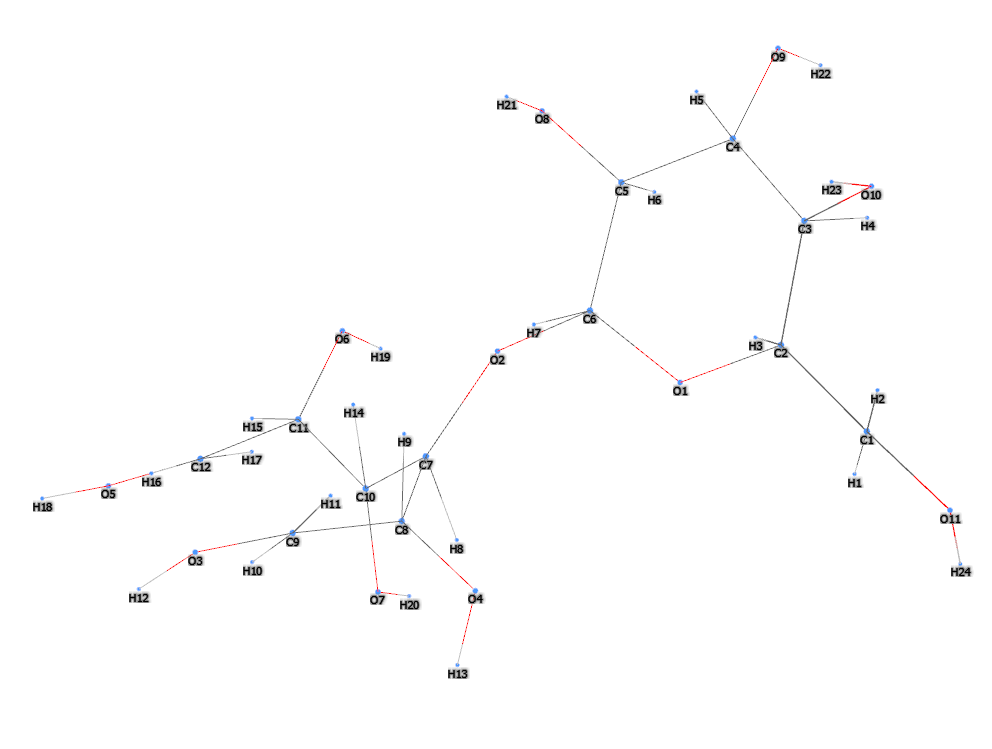Maltitol is a carbohydrate disaccharide, sugar alcohol or crystalline polyol derived from maltose by a dehydrogenation process.
Si presenta in forma di polvere bianca.

What it is used for and where
Food
Ingredient included in the list of European food additives as E965 as a sweetener. It has a lower calorific value than sucrose, or sugar, but almost the same sweetening power.
Advantages :
- Suitable for diabetics
- Very stable
Used both in food and in toothpastes and chewing gum, it is considered safe for dental plaque (1).
Safety
Not to be consumed in large quantities because it may produce laxative effects. However, a daily intake of 35 grams of maltitol did not affect well-being parameters (2).
Cosmetics
Fragrance. It plays a decisive and important role in the formulation of cosmetic products as it provides the possibility of enhancing, masking or adding fragrance to the final product, increasing its marketability. The consumer always expects to find a pleasant or distinctive scent in a cosmetic product.
Humectant. Hygroscopic compound used to minimise water loss in the skin and to prevent it from drying out by facilitating faster and greater absorption of water into the stratum corneum of the epidermis. The epidermis is the most superficial of the three layers that make up human skin (epidermis, dermis and hypodermis) and is the layer that maintains hydration in all three layers. In turn, the epidermis is composed of five layers: horny, the most superficial, granular, spinous, shiny, and basal. Humectants have the ability to retain the water they attract from the air in the stratum corneum and have the function of moisturising the skin. They are best used before emollients, which are oil-based.
Moisturizing. This ingredient is responsible for preventing the evaporation of moisture from the skin and improving cellular activity. When exposed to cold or hot air currents, the skin absorbs water from its inner layer to compensate for the evaporated water. If the draught phenomenon persists, the stratum corneum is dry and, if at all, damaged.
Skin conditioning agent. It is the mainstay of topical skin treatment as it has the function of restoring, increasing or improving skin tolerance to external factors, including melanocyte tolerance. The most important function of the conditioning agent is to prevent skin dehydration, but the subject is rather complex and involves emollients and humectants that can be added in the formulation.
The most relevant studies on this ingredient have been selected with a summary of their contents:
"Maltitol studies"
- Molecular Formula: C12H24O11
- Molecular Weight: 344.313 g/mol
- CAS: 585-88-6
- EC Number: 209-567-0
- UNIII: D65DG142WK
- PubChem Substance ID: 24897294
- MDL number: MFCD00006600
- Beilstein Registry Number: 89983
Synonyms:
- D-Maltitol
- E965
- 4-O-alpha-D-Glucopyranosyl-D-glucitol
- Maltisorb
- alpha-D-glucopyranosyl-(1->4)-D-glucitol
- Malbit
- (2S,3R,4R,5R)-4-[(2R,3R,4S,5S,6R)-3,4,5-trihydroxy-6-(hydroxymethyl)oxan-2-yl]oxyhexane-1,2,3,5,6-pentol
- D-Glucopyranosyl-D-glucitol
- Maltisweet
- Floralac
- Emportal
- Portolac
- delta-Maltitol
- D-Glucitol, 4-O-a-D-glucopyranosyl-
- D-Glucitol, 4-O-alpha-D-glucopyranosyl-
References____________________________________________________________________
(1) Kearsley, M.W. and Deis, R.C., 2012. Maltitol powder. Sweeteners and sugar alternatives in food technology, pp.295-308.
(2) Mäkinen KK. Gastrointestinal Disturbances Associated with the Consumption of Sugar Alcohols with Special Consideration of Xylitol: Scientific Review and Instructions for Dentists and Other Health-Care Professionals. Int J Dent. 2016
![]() Maltitol
Maltitol 






